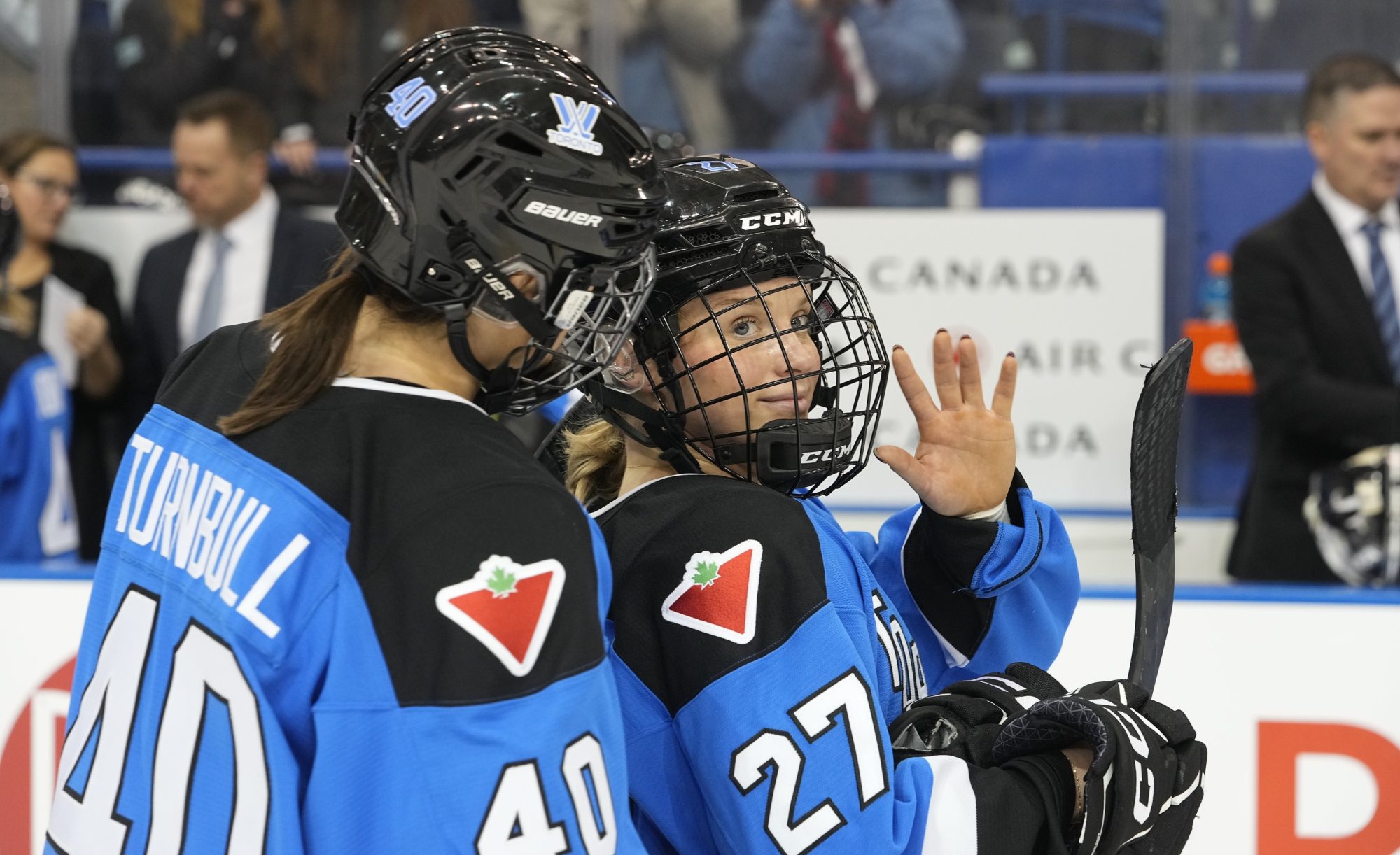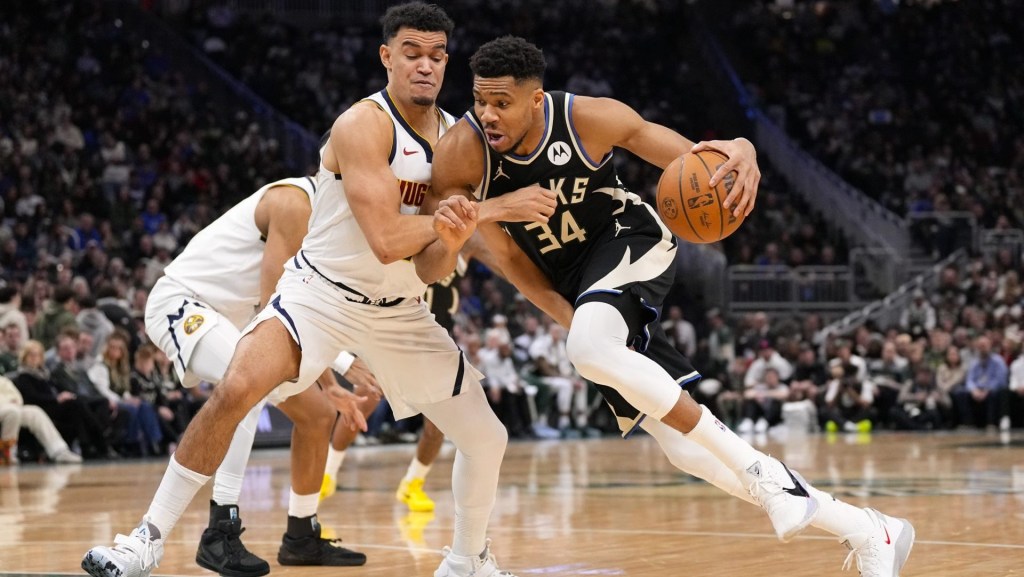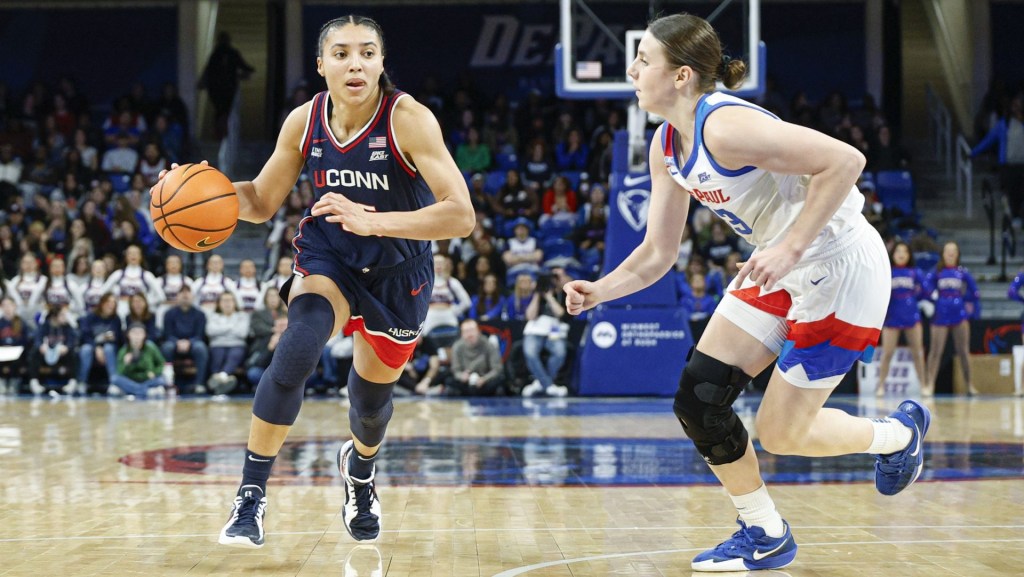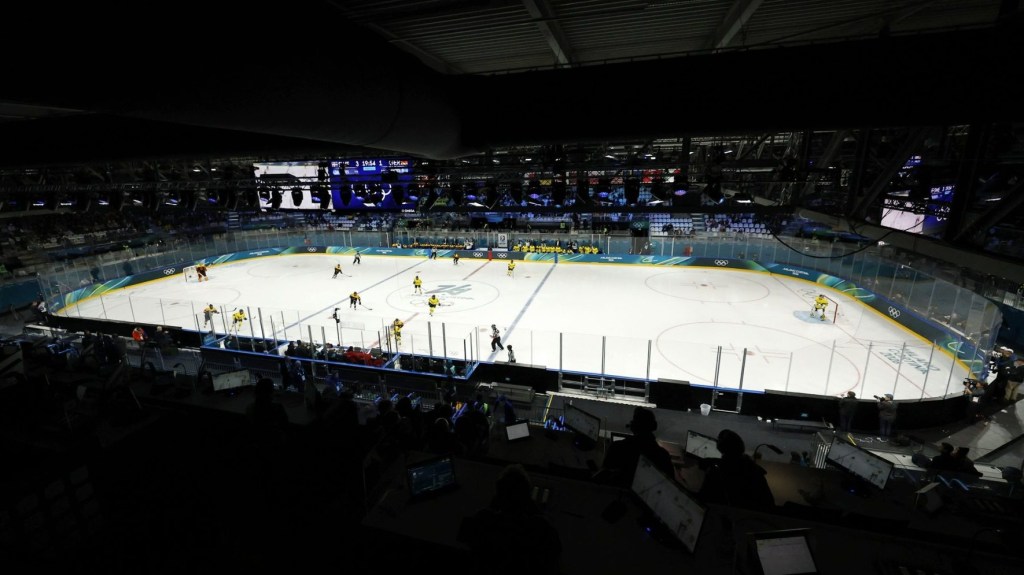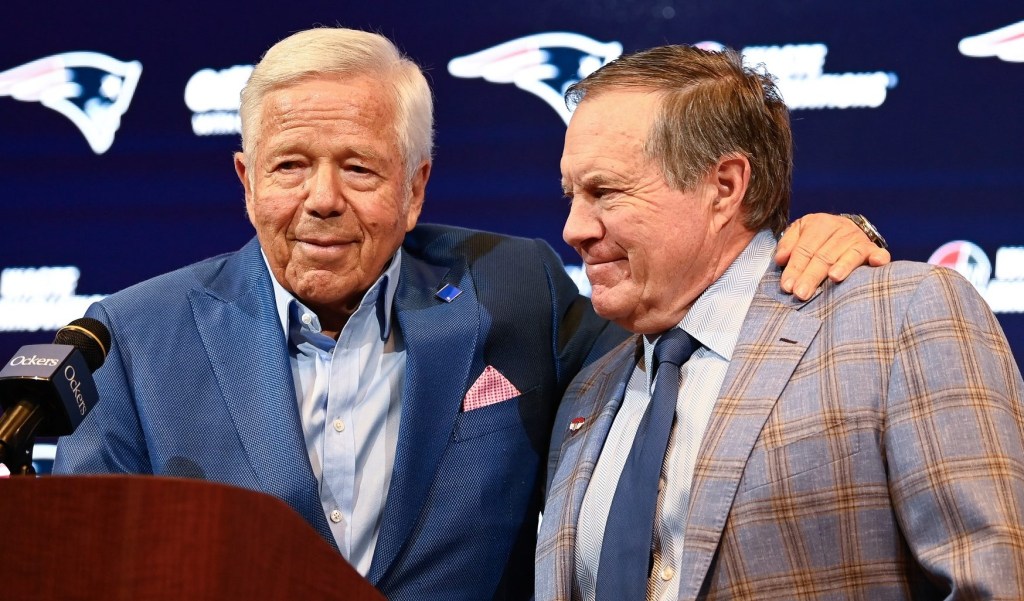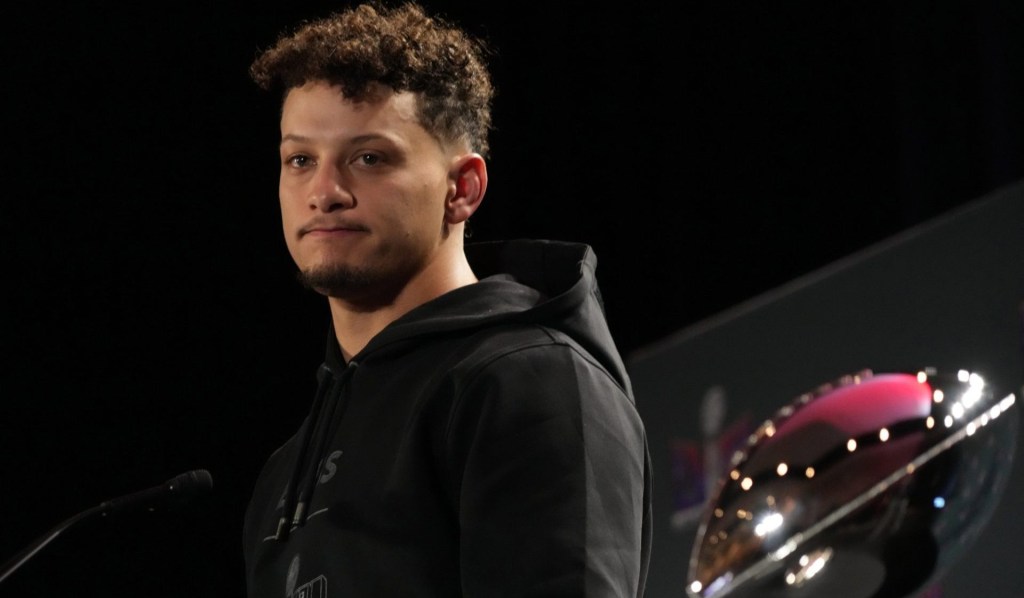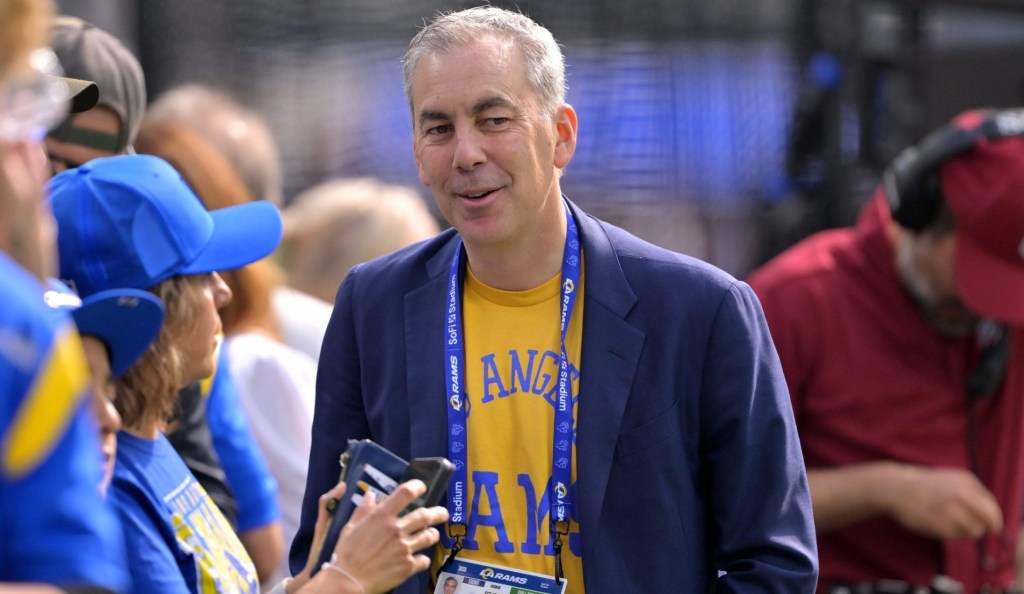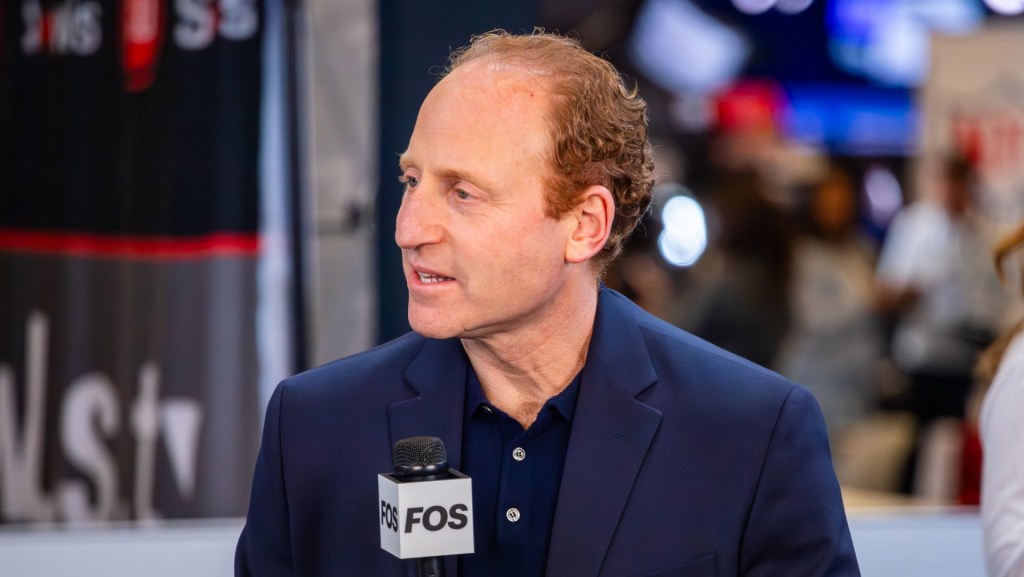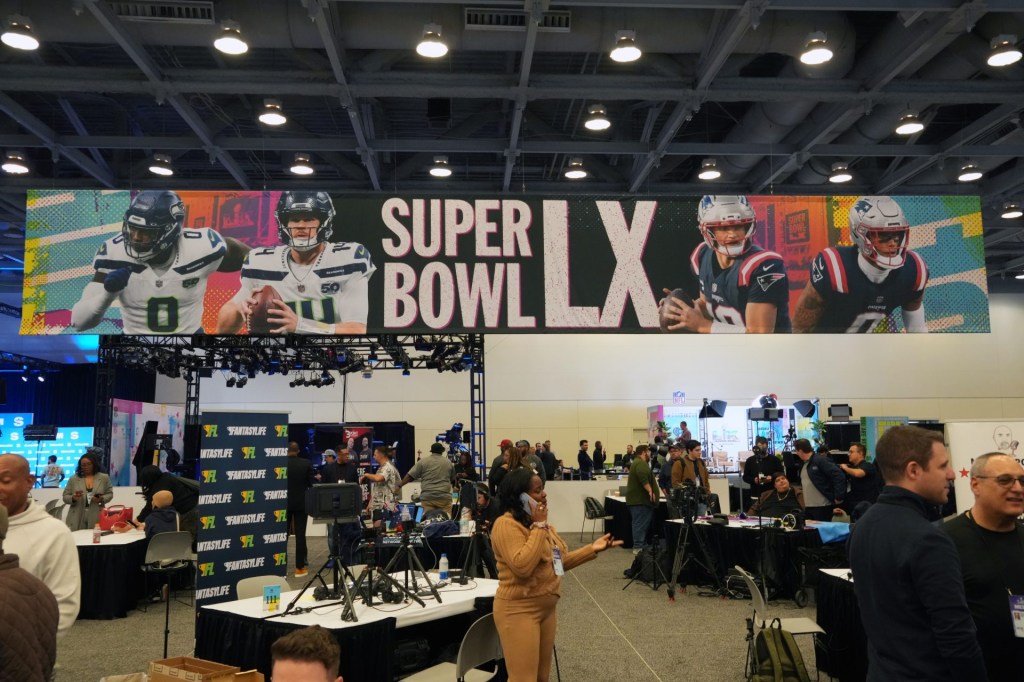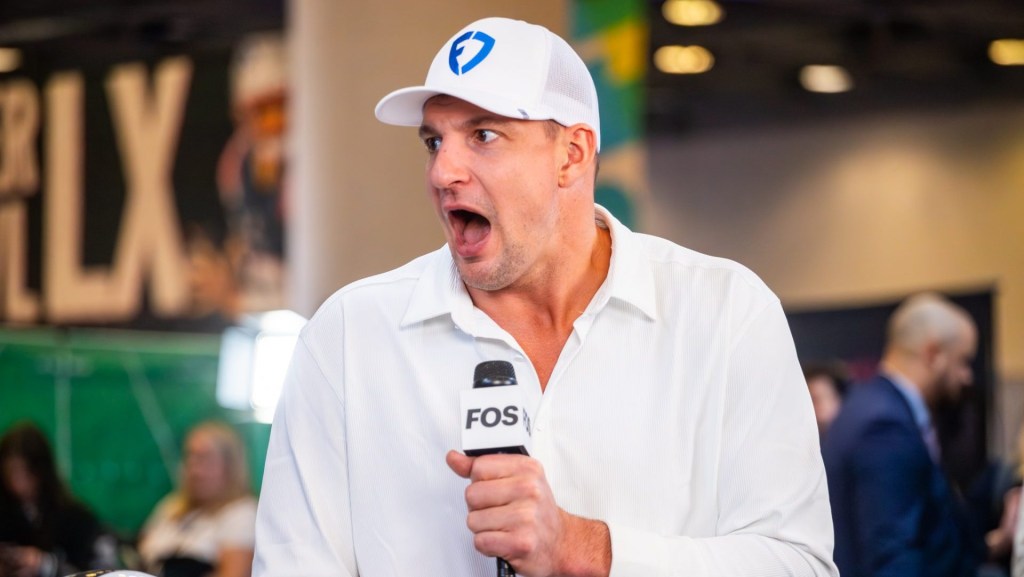The ongoing rise of women’s sports has hit another breakthrough moment with this week’s on-ice debut of the Professional Women’s Hockey League.
Borne out of the 2023 merger of the former Premier Hockey Federation and Professional Women’s Hockey Players Association, the six-team PWHL is looking for a similar type of cultural and business impact as has been achieved in the past year by the WNBA and NWSL. Early indications show that the PWHL is on its way.
The league’s first-ever game was held Monday at Toronto’s Mattamy Athletic Center, formerly Maple Leaf Gardens, drawing a sellout crowd of 2,537, and the PWHL’s Toronto franchise has already sold out its entire season-ticket allotment for its 2024 home schedule. Sellouts are also expected for the initial games in Ottawa and Montreal, and the lower bowl of the Minnesota Wild’s Xcel Energy Center is expected to be filled for the home debut Saturday of the PWHL’s Minnesota franchise.
Ottawa in particular is expected to set a new global attendance record for women’s pro hockey for its home opener Tuesday with an anticipated crowd of more than 8,000, though that record may not last long if the league continues to gain traction.
Historical Impact
That first PWHL game in Toronto began with a clear nod to history with women’s sports trailblazer and icon Billie Jean King leading a ceremonial faceoff. King also has a seat on the PWHL board of directors.
“I’ve been part of world championships, club championships, Olympic Games, and there was probably more emotion surrounding this one than any of those gold medal games,” Toronto coach Troy Ryan told Reuters. “There’s so much riding on this situation, it is such a long time coming, and so many people fought for the opportunity.”
The league is receiving logistical and operational—but not financial—support from the NHL. Mark Walter, lead owner of the Los Angeles Dodgers and an investor in several other teams, including the Los Angeles Lakers, is the primary backer for the PWHL.
Also aiding the PWHL are a series of newly completed media deals with MSG Networks, NESN, and Bally Sports North in the U.S.; and with CBC/Radio-Canada, TSN and RDS, and SportsNet in Canada. The American pacts are regionally focused on the New York, Boston, and Minneapolis markets, while the Canadian deals are national-level agreements.
